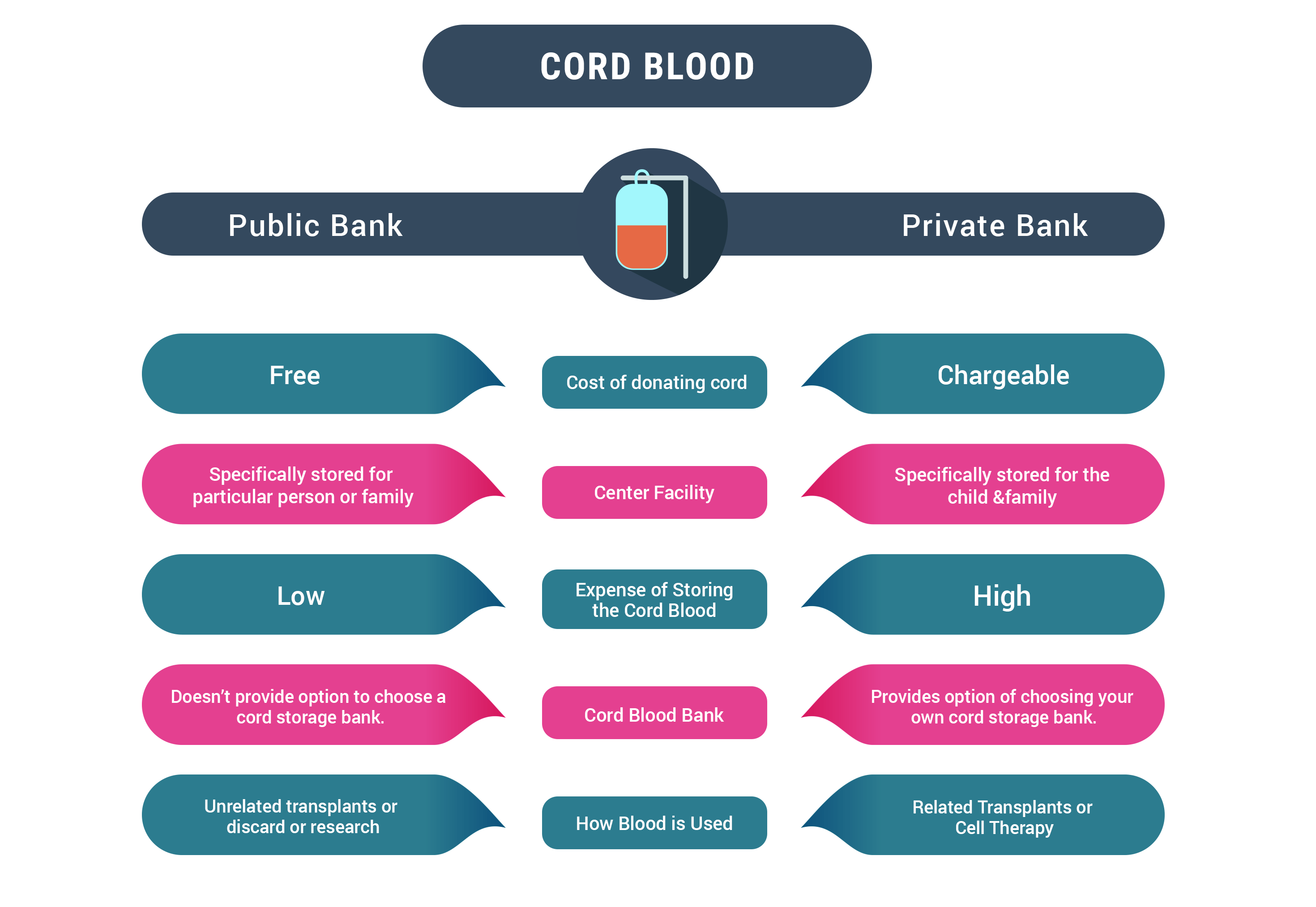https://maps.app.goo.gl/Yy1KmRNurFEucYgp9 is a database or repository that shops details about donated twine blood units. These registries play a crucial function in facilitating the search and matching course of for patients in need of a stem cell transplant. Here are key elements of wire blood registries:
Collection and Storage:
Cord blood registries store information about cord blood models collected from donors. These items are collected, processed, and saved in public twine blood banks.
The cord blood models within the registry are sometimes stored frozen at very low temperatures to hold up the viability of the contained stem cells.
Donor Information:
The registry contains details about the donors, corresponding to their medical history, genetic information, and the traits of the donated cord blood.
This info is essential for matching cord blood items with patients in want of a transplant.
Search and Matching:
When a affected person requires a stem cell transplant and a cord blood unit is considered a possible match, healthcare professionals search the registry for suitable items.
Matching is predicated on elements corresponding to human leukocyte antigen (HLA) compatibility, which is important to reduce the risk of rejection.
International Registries:
Some wire blood registries operate at a national degree, whereas others are international. International registries increase the chances of finding a suitable donor for sufferers who may not have a match within their own country.
Facilitating Transplants:
Cord blood registries play a significant function in facilitating the process of finding and securing appropriate twine blood items for sufferers in need of a stem cell transplant.
The goal is to supply patients with entry to a diverse pool of cord blood models to increase the likelihood of discovering a compatible match.
Public Cord Blood Banks:
Public cord blood banks contribute to the twine blood registries by accumulating and storing donated twine blood items. These banks make the wire blood items obtainable for transplantation to any affected person in need.
Confidentiality and Privacy:
Cord blood registries adhere to strict confidentiality and privateness standards to guard the id and private data of each donors and recipients.
Educational and Outreach Programs:

Cord blood registries usually have interaction in academic and outreach packages to boost consciousness in regards to the importance of twine blood donation and the potential advantages of stem cell transplants.
Cord blood registries play an important function in connecting donors with patients in need of stem cell transplants, and they contribute to the advancement of medical therapies for numerous illnesses and circumstances. Public consciousness and participation in twine blood donation are essential to building diverse and intensive registries, growing the chances of finding suitable matches for sufferers worldwide..
